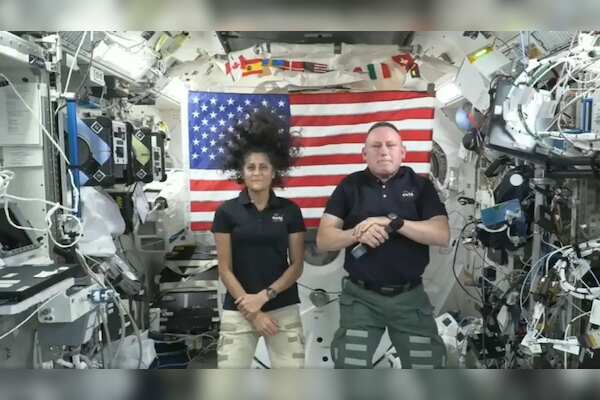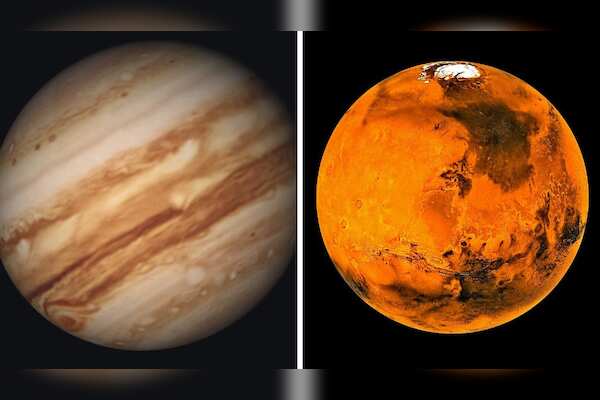In a groundbreaking move in the realm of lunar exploration, Russia and China are teaming up to establish a nuclear power plant on the moon. This ambitious project, set to take place between 2033 and 2035, showcases the collaborative efforts of both nations in advancing lunar habitation and exploration. Yuri Borisov, the head of Russia's Roscosmos space agency, unveiled this joint initiative, emphasizing the strategic partnership between Russia and China in the field of space exploration.
Drawing on Russia's expertise in "nuclear space energy," Borisov highlighted the importance of sustainable lunar settlements in this collaborative lunar program. One of the main challenges addressed by Borisov is the need to overcome the limitations of solar panels in meeting the electricity demands of future lunar settlements. He proposed the use of nuclear power as a viable solution to ensure a continuous and reliable energy supply for these extraterrestrial habitats. In addition to the lunar power plant, Borisov revealed Russia's plans to develop a nuclear-powered cargo spaceship, known as a "space tugboat," which aims to facilitate large cargo transportation between orbits and support critical space missions. Despite facing technical challenges such as cooling the nuclear reactor, Russia remains committed to further lunar exploration, including joint missions with China and aspirations for a lunar base. China's endeavors, like sending the first Chinese astronaut to the moon by 2030, highlight the competitive yet collaborative nature of the lunar exploration race. As concerns mount over space militarization, Russian President Vladimir Putin has dismissed US warnings about deploying nuclear weapons in space, underscoring the ongoing geopolitical dynamics in space exploration. This joint venture between Russia and China signals a new chapter in lunar exploration, showcasing the strategic cooperation between two leading space-faring nations.Russia and China to Collaborate on Establishing Lunar Nuclear Power Plant: A Groundbreaking Initiative in Lunar Exploration
 8 months ago
1442
8 months ago
1442
- Homepage
- Tech & Sicence
- Russia and China to Collaborate on Establishing Lunar Nuclear Power Plant: A Groundbreaking Initiative in Lunar Exploration
Related
NASA Faces 19-Day Deadline to Bring Back Astronauts from ISS...
3 months ago
1122
Nvidia potentially delaying release of data center GPU B200 ...
3 months ago
1138
Rare Celestial Event: Mars and Jupiter Alignment on August 1...
3 months ago
1505
Trending in United States of America
Popular
Disney's Major Investment in Epic Games Signals Next Chapter...
8 months ago
1804
Top commodity trader Andurand predicts quadruple increase in...
6 months ago
1741
Middle East tension boosts Brent crude above $90 for the fir...
7 months ago
1735
World of Warcraft Companion App to be Discontinued by Blizza...
7 months ago
1731
"Don't Take Travel for Granted: Tips for Traveling with Elde...
8 months ago
1729
© StoryBrut 2024. All rights are reserved








 English (US)
English (US)